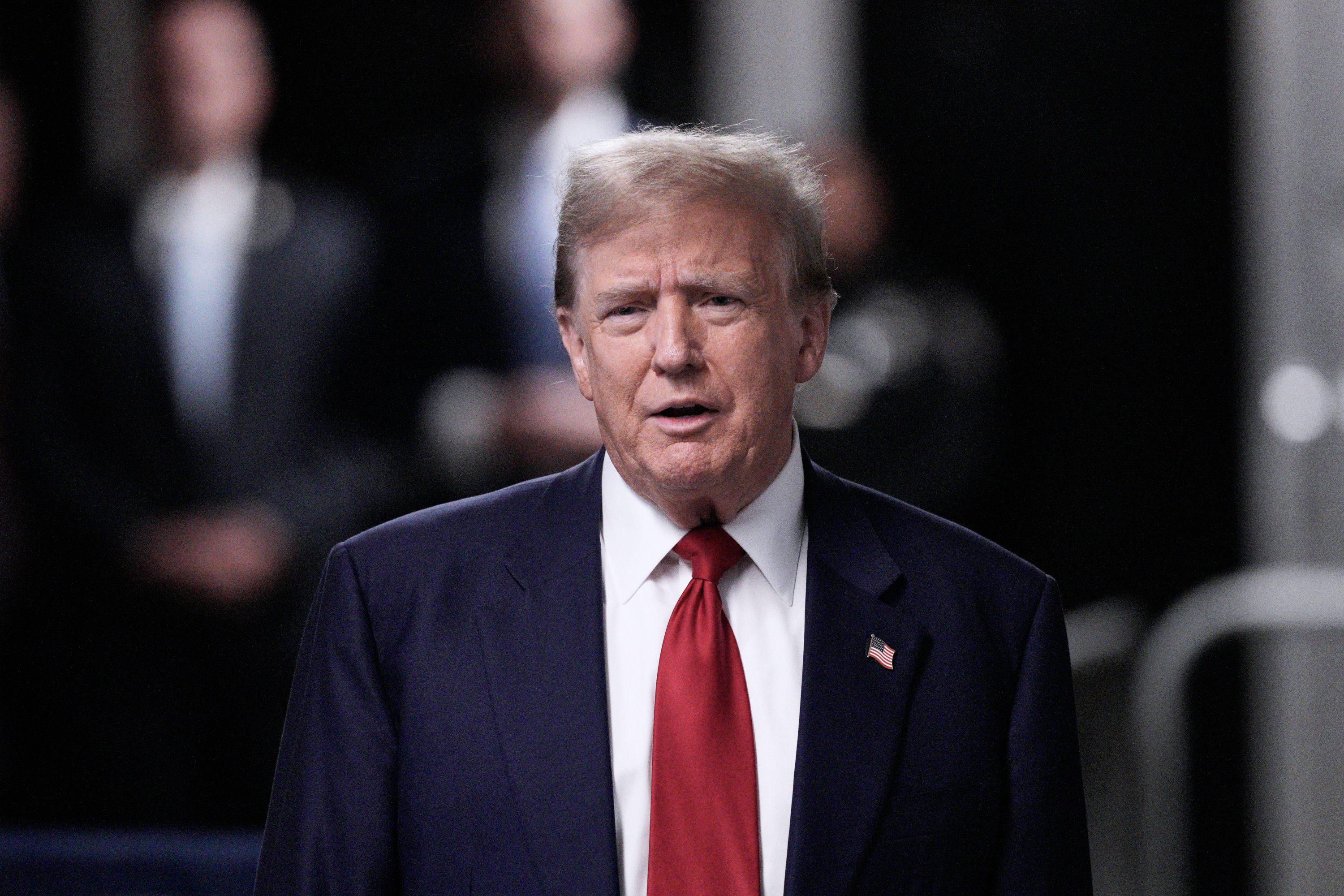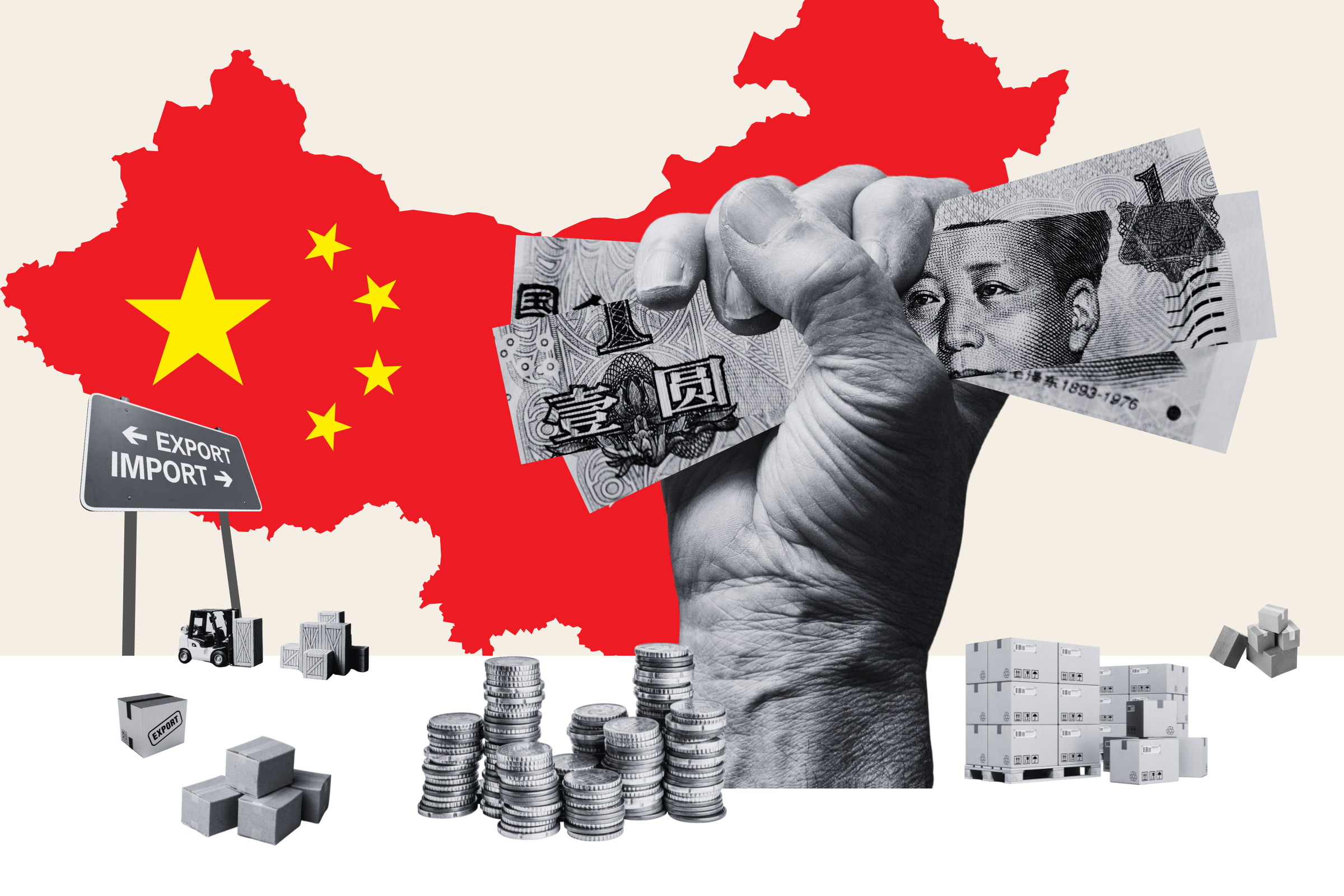It is difficult to grasp the scale of human suffering endured by so many since a devastating civil war broke out in Sudan less than a year ago. More than 13,000 civilians have been killed and some 8 million people have been forced to flee their homes. Meanwhile, the health care system has been brought to the brink of collapse, fueling disease, and the country is starving. Tragically, the fighting shows no sign of letting up.
As horrific as the impact has been in Sudan, however, it is easy to forget the spill-over effects on the wider region—not least in Chad, where I am based. Chad is today facing the twin crises of a massive refugee influx from Sudan and its own food emergency, and yet has been left largely to fend for itself as donor funding dries up. Without urgent support from the international community the situation here risks spiraling out of control.
In the year since the Sudan conflict started, some 1.5 million refugees have poured into neighboring countries, mainly South Sudan, Egypt, and Chad. Authorities in N'Djamena, the Chadian capital, have generously kept their borders open, allowing desperate people to flee to safety—sometimes while literally dodging bullets. Since April last year, more than 570,000 refugees have arrived, as well as some 140,000 Chadian migrant workers forced home by the violence.
In total, Chad is now home to more than 1.1 million refugees, making it one of the largest refugee hosts globally. With just 17 million inhabitants, Chad also has the highest ratio of refugees to population anywhere in Africa.

It is no wonder that the massive influx has stretched resources in what was already one of the U.N.'s poorest member states. Most of the refugees are housed in camps and informal settlements in the eastern border regions of Ouaddaï, Sila, and Wadi Fira. Despite heroic efforts by the humanitarian community—not least by local, women-led aid groups—the needs are overwhelming.
Food is a daily struggle in the camps, in particular for women refugees who often eat last and least. Refugees told us that they often went hungry and had to walk several kilometers to gather water. Some said they didn't even have anything to eat to break fast in the evenings during Ramadan. For pregnant women, the impacts can be particularly severe, risking both their own and their children's lives. Doctors without Borders recently warned of a Hepatitis E outbreak in the camps, a potentially fatal disease that thrives in places with poor water and sanitation.
The refugees have also faced severe trauma. The overwhelming majority (88 percent) of arrivals are women and children, many of whom have seen family members killed or whole villages destroyed. Gender-based violence (GBV), including sexual violence, is endemic in Sudan, to the extent that local human rights groups have called the conflict a "war on women." Refugees also recounted harrowing journeys to safety across the border, with many victims of rape or kidnappings. Organizations like CARE are doing what we can to provide survivor-centered GBV services, but much more is needed.
The situation risks deteriorating further in the coming months. In the Sahel region, the "lean season" between harvests (May-August) will deplete food supplies even more. The rainy period that starts in June will also threaten access to the refugee camps and risk spreading disease. Tens of thousands of refugees are housed in temporary shelters along the border and need to be relocated urgently, but there are simply no resources to do so.
Compounding the situation is that Chad is facing a wider food and nutrition crisis, triggered by climate change, spiking food prices, and armed conflict. Some 2 million people are facing "crisis" levels of food insecurity, per the U.N.'s own estimates. In February this year, the Chadian authorities declared an official food and nutrition emergency, reflecting the dire situation.
The main challenge for the humanitarian response is both straightforward and complex: chronic underfunding. With a plethora of other hotspots competing for headlines and donor attention—from Gaza to Ukraine—Chad has become one of the world's most forgotten crises. Last year, donors contributed little more than one-third of the $920 million the humanitarian community needed to respond.
This year, with needs skyrocketing, the funding request has risen to $1.2 billion. So far, as of March, only 4 percent had been met. The situation is made worse by a wider cash crunch affecting many humanitarian actors. The World Food Programme, for example, has warned that it will have to cut all life-saving food aid in Chad if no new funding emerges.
There is a real human tragedy behind these numbers. Refugees who have had to flee for their lives deserve our protection and support, not to be left to fend for themselves.
The international community must step up immediately and prevent the situation facing Chad from spiraling further. There is an urgent need to meet funding requirements, in particular before the lean season starts in May. On April 15, European Union leaders and others will gather in Paris for a conference on the humanitarian fallout of the Sudan conflict. This is an opportunity for the world to take action to ease the suffering not just in Sudan, but also in neighboring countries like Chad. With millions of lives on the line, they must not fail to take action.
Dr. Amadou Bocoum is CARE country director for Chad.
The views expressed in this article are the writer's own.
Uncommon Knowledge
Newsweek is committed to challenging conventional wisdom and finding connections in the search for common ground.
Newsweek is committed to challenging conventional wisdom and finding connections in the search for common ground.
About the writer
To read how Newsweek uses AI as a newsroom tool, Click here.








